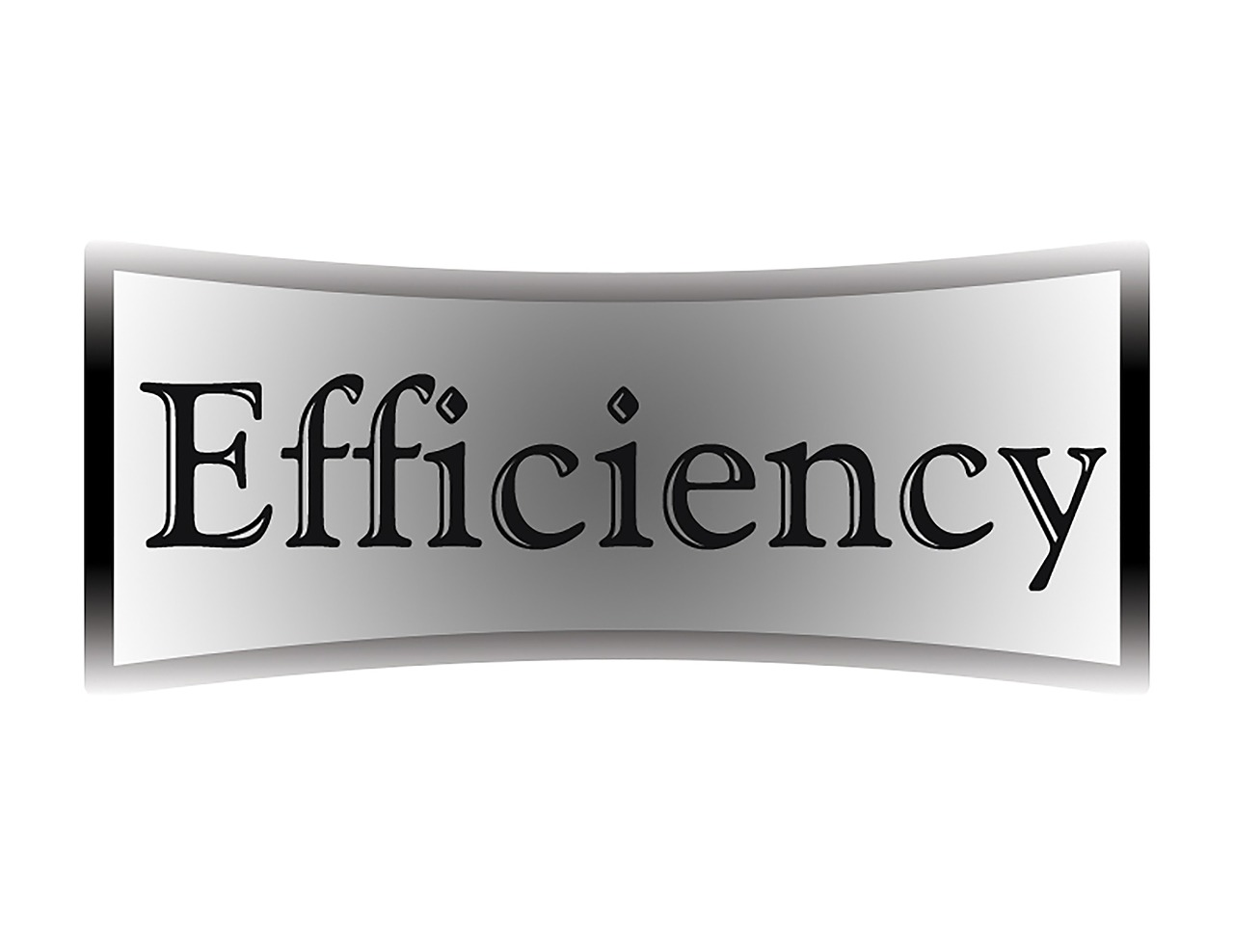
The ACGME requires all radiology residents to fill out a log of studies that they have reviewed in all radiology residencies throughout the country. Unfortunately, though, the onus is on the resident to assess for themselves if the numbers mean that they have learned enough to build their skills to the appropriate level. And, as most residency directors are aware, that number can significantly deviate among residents. Some residents fill out numbers that may reflect a glance at a study. Others give in the number of studies that they have dictated. These numbers can be high or low. Regardless, the gross number maybe not be so critical if you still cannot get through as many cases when you start in practice. In that case, how can you tell how efficient you are right now? And, where should you be at any stage of your training? Let me start by talking about rotation goals and objectives (because you might think that would help), and then I will give you a few guideposts that you may be able to use.
Can Goals And Objectives Tell You Where You Are?
Every program has written goals and objectives for each rotation that you should aim to complete before you finish it. As you scan through this list, you will probably notice a list of bullet points that you are supposed to do and know during any year. You can use it to figure out what information you have learned and where you need to focus. Nevertheless, I am the first to admit that it may not be all that helpful to determine efficiency. Additionally, the goals and objectives are often outdated. Or even worse, the residency program has copied it from other residency programs! So, the utility is equivocal for determining your efficiency.
Fundamental Ways To Tell You How Efficient You Are At Any Level During Residency
Clocking Speed To Become More Efficient
Clocking your reading speed can be an effective tool to determine how fast you are. But I bet many of you have never tried it. Take ten cases in any modality and read them like you usually would. And measure how fast you read them all. Then, compare with your peers. This technique can be a starting point to determine your actual speed. You may be surprised to learn that you are faster or slower than you initially thought!
Do You Have A Search Pattern That Is Second Nature?
If you are a long-time reader of my blogs, you have probably seen a pattern where I mention search patterns a lot. But, there is a reason for it. A search pattern is a primary tool that radiologists do to make the findings. So, think about your search patterns. Do you know them cold? Or, are always forgetting one or two parts of a film or CT scan each time you read. By the second year of your residency, the search pattern should become ingrained in your psyche. If not, think about reviewing them repeatedly until they become second nature.
Comfort Level Is Critical
If you dread reading certain studies or doing particular procedures, there is probably a good reason. Either you haven’t done the background reading for them. Or you have not participated in reading or doing them. So, assessing your comfort level in any rotation is an excellent way to determine if you are efficient at this point.
Can You Dictate Rapidly?
At this point in my career, when I have a dictaphone in hand, I will often go into a “holy chant.” It is a snappy banter that gets my point across in a relatively short amount of time. Most of you are probably not at this level because you have not read as many images. But, if you struggle to dictate a case at the end of your second year, there is a pretty good chance you are not all that efficient yet!
Am I Efficient Enough?
Anyone who poo-poos or ignores efficiency will have a problem when they get into practice. You will not be able to meet the hospital or imaging centers benchmarks. So, there is no better time than the present to measure how efficient you are.
Remember, you typically will want to avoid using goals and objectives as a primary resource. On the other hand, consider clocking speed, determining if your search patterns are second nature, and assessing your comfort levels and dictation speeds. Think about using these recommendations because efficiency is essential. Efficiency becomes more and more critical as you continue through residency and eventually on to your first job!






